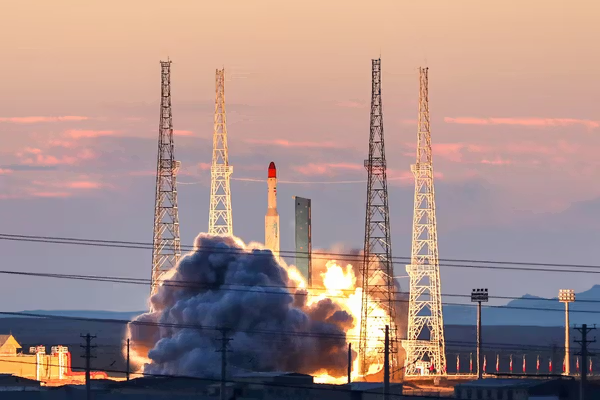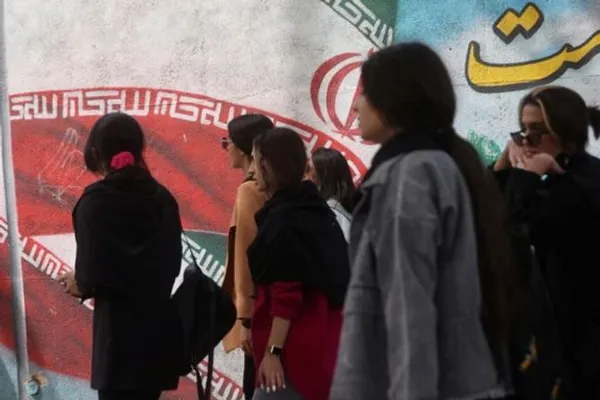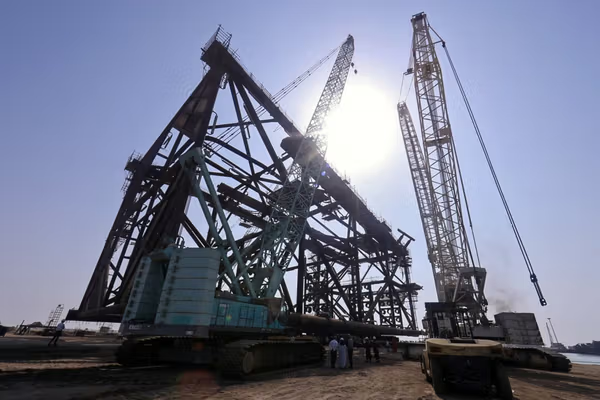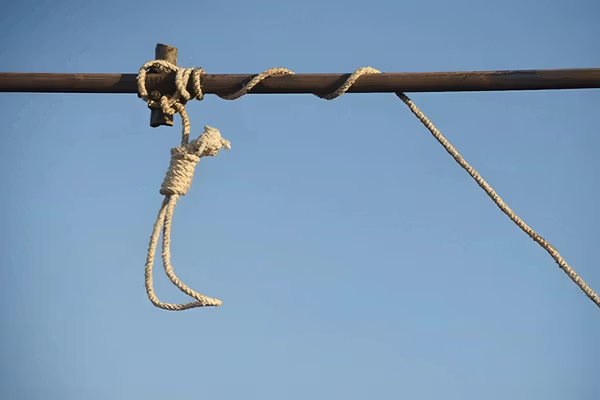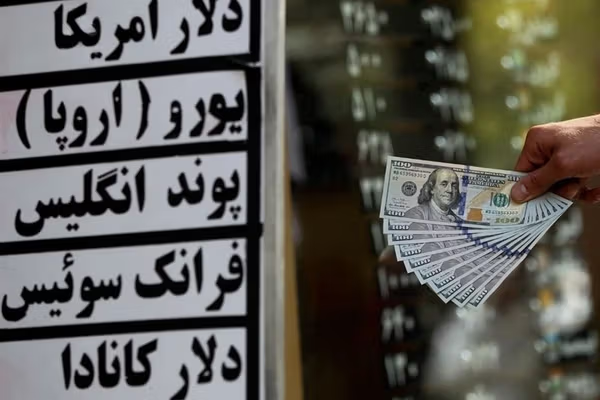
Khamenei-linked daily says Afghan expulsions failed to curb bread prices
The Islamic Republic’s mass expulsions of Afghan migrants have not eased Iran’s economic strain nor slowed soaring bread prices, the hardline Kayhan newspaper, overseen by Iran's Supreme Leader Ali Khamenei, wrote on Wednesday.
